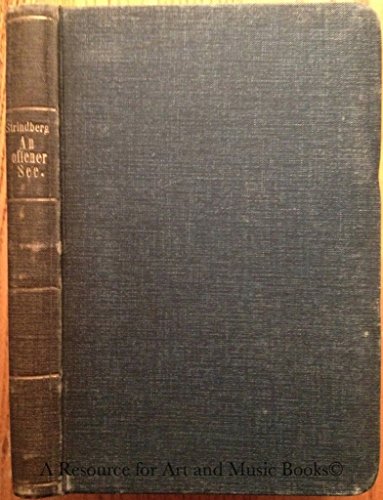Public entrepreneurship
Toward a theory of bureaucratic political power the organizational lives of Hyman Rickover, J. Edgar Hoover, and Robert Moses
Eugene Lewis
BOOK REVIEW

When the gears of bureaucracy clash with the relentless drive of individual ambition, the result is a captivating drama of power, influence, and the nuances of public entrepreneurship. Public Entrepreneurship: Toward a Theory of Bureaucratic Political Power by Eugene Lewis dives into this riveting interplay through the lives of three towering figures: Hyman Rickover, J. Edgar Hoover, and Robert Moses. Each character not only shaped their respective domains but redefined the very nature of public service and political power.
Lewis, with surgical precision, unearths the intricacies of bureaucratic machinations, illustrating how these three luminaries transcended the conventional roles expected from their positions. Rickover, often dubbed the "father of the nuclear navy," showcased an unyielding commitment to excellence, using his bureaucratic leverage to enforce rigorous standards that forever altered naval protocols. Hoover, the enigmatic director of the FBI, wielded intelligence and fear as his weapons, mastering the art of political survival and manipulation to entrench his agency's dominion. Meanwhile, Moses, with the audacity of a titan, transformed the very landscape of New York through monumental infrastructure projects, relentlessly pursuing his vision against the odds.
What ties these disparate figures together? A fervent belief in the potential of public entrepreneurship, which Lewis deftly argues isn't merely about governance but rather an art form where bureaucrats become architects of their legacies. The book prompts a refreshing reflection on how these figures have, for better or worse, exemplified the power inherent in public sectors, demonstrating that your role in governance can be wielded with the prodigious might of a sculptor, chiseling away at bureaucracy to reveal profound societal impact.
Readers have been polarized about Public Entrepreneurship. Some laud Lewis for his incisive commentary on the bureaucratic landscape, arguing that the book goes beyond conventional political analysis to offer an empowering narrative for those engaged in public service. Critics, however, suggest that the examination of these figures risks glorifying contentious legacies-arguably romanticizing their often ethically questionable tactics.
The historical backdrop of the late 20th century permeates the narrative, as Lewis skillfully draws parallels between these men's lives and the evolving political landscape. The backdrop of Cold War paranoia, civil rights movements, and urban development in the U.S. frames this exploration, causing readers to reflect on how the seeds of today's bureaucratic struggles were sown. The complexities of race, power, and societal expectation ripple throughout each case study, igniting an awareness of the substantial influence that seemingly unassuming bureaucracies can have on society's fabric.
Conversations sparked by Lewis's work echo in academic platforms and community discussions alike. It beckons a thought-a call to arms for the next generation of public leaders. Understanding the lessons from the intertwined lives of Rickover, Hoover, and Moses could illuminate pathways for aspiring entrepreneurs in public service, compelling them to rethink the weight of their decisions and the potential they wield within their own bureaucracies.
In Public Entrepreneurship, Eugene Lewis offers more than a mere academic text; he provides a lens into the chaotic intersection of power and public duty. The emotional turmoil, the gripping narratives, and the undeniable urgency with which these stories are told are bound to leave a mark on you. Will you embrace the challenge of public entrepreneurship, or will you allow the shadows of an uninspired bureaucratic future to loom over you? The choice is yours, but remember: the echoes of Rickover, Hoover, and Moses might just inform your path forward. 🌪
📖 Public entrepreneurship: Toward a theory of bureaucratic political power : the organizational lives of Hyman Rickover, J. Edgar Hoover, and Robert Moses
✍ by Eugene Lewis
🧾 274 pages
1979
#public #entrepreneurship #toward #theory #bureaucratic #political #power #organizational #lives #hyman #rickover #edgar #hoover #robert #moses #eugene #lewis #EugeneLewis